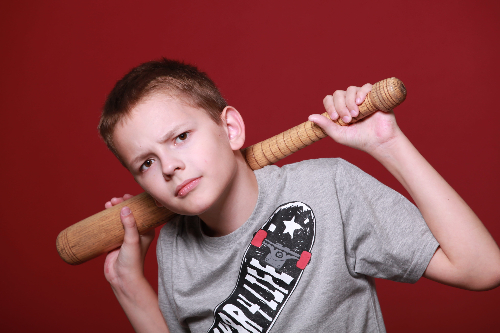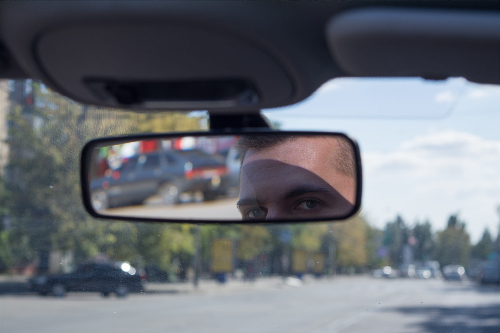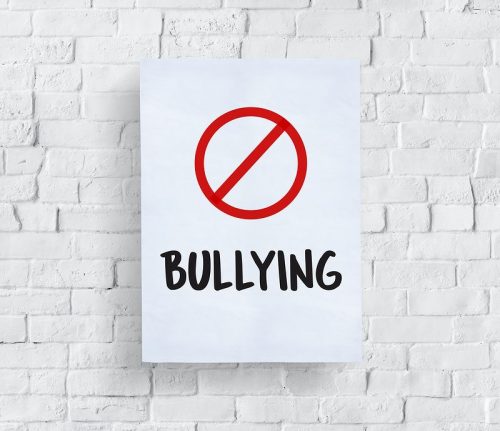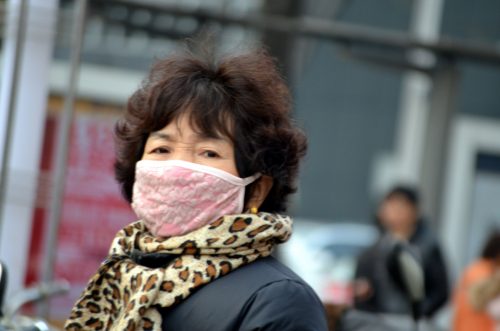I bet you know what depression means. Generally, it is related to the unexplained negative thoughts and feelings that affect someone’s behavior. Depression represents sadness and loneliness. It relates to a non-stop emotional turmoil that leads to too much grief. People view depression as a crippling mental health condition that stays for longer periods.
In some cases, it creates intense pressure on an individual’s overall development that affects his goal, self-awareness, and social relationship with others. Yes, these are, in fact, true. Depression is entirely related to isolation, self-doubt, poor concentration, self-neglect, anger, anxiety, and emotional imbalance.

Source: pixabay.com
However, the condition is not limited to vulnerable individuals as it can also affect even those with an outgoing personality. The minority of people dealing with mental health problems also includes those individuals that are extroverts, cheerful and funny, goal-oriented, motivated, and socially active. Thus, it makes the whole situation quite impossible to determine. Sometimes, those who laugh and smile the most are actually the ones who are dealing with severe depressive episodes.
Therefore, depression affects all individuals regardless of their emotional and mental strength. There is no way you can determine the condition just by sticking with the negative signs. There are cases that even if someone tends to be happy all the time, there is no guarantee that what the individual physically shows entirely represents their emotional and mental health state.
If you’re still confused, here are some of the few frequently asked questions that might help you further understand depression from a different perspective.
What is the number 1 cause of depression?
Depression can come from many factors, including faulty mood regulation, the stress in life, financial strain, death or loss of someone you love, medication, chronic illnesses, genetic vulnerability, drugs, and alcohol abuse. In teen depression, factors may also vary. Some of the causes of their mental health problems negatively impact self-esteem, such as academic problems, peer problems, obesity, and long-term bullying. Also, situations like being a victim or witness of violence, such as physical or sexual abuse, contribute greatly.
What happens with the brain during a depression?
Depression triggers the entrance of cortisol, which damages the amygdala, hippocampus, and dorsomedial thalamus. But with the three, the amygdala often receives a lot of damage since it is responsible for emotional responses. Depression causes the amygdala to enlarge and makes it more active. When this particular enlargement and activeness continue to happen, it causes hormonal imbalance, sleep disturbances, and activity level changes.
What color is associated with depression?
The color associated with depression is the shade of gray. This almost dark hue of black most likely represents an individual’s blank and cloudy mental state. Though the color grey also represents neutrality and balance, it still depicts an emotionless, dull, and empty state of mind. But in general, mental health awareness is represented by a green-colored ribbon. The green was the color used to label individuals who were considered psychologically unstable or insane, especially in the 1800s.
What type of thinking is often linked to depression?
Negative thinking is often associated with depression. Perhaps that is due to the closed-minded mentality that often leaves no space for positive resolution and intervention. When bad things happen, people begin punishing themselves with thoughts such as I am a total failure, I am no good, or nothing ever goes my way, not knowing that these words can lead to feelings of despair and emptiness that lasts for a long period.
What age group has the highest rate of depression?
The age group with the most significant rate of depression is individuals aged 18-25. The major depressive episode was reported higher among adult females at 8.7% than males at around 5.3%. These individuals, respectively, reported experiencing two or more symptoms of the mental illness.
Is it possible to diagnose yourself with depression?
In some instances, a self-test can help you decide what to do whenever you are feeling blue. However, it doesn’t entirely mean that you can clinically conclude your condition based on what you have read, answered, watched, or searched on the internet. Only a mental health expert and professional can diagnose your condition based on the provided symptoms you experience. They are the only ones allowed to treat and prescribe you medication.
What is the most reliable symptom of depression?
The most reliable symptoms of clinical depression often include uncontrolled feelings of sadness, emptiness, tearfulness, and hopelessness. Usually, you often experience angry outbursts, irritability, and frustration, even over small things. There is also the loss of interest or pleasure in most activities you usually like. With all these symptoms, it is important to understand that every individual suffers from depression differently. Thus, some of the signs might not apply to those who manage their mental health issue well.
What are the risk factors of depression?
Some of the risk factors linked to depression include genetics. When a family member used to have depression, it is more likely that you will also have it. Also, death or loss of someone you love, conflict, medication, drug and alcohol abuse, and financial strain increases the mental health condition’s risk. Other risk factors like physical, emotional, verbal, and sexual abuse can also trigger and increase the severity of depression.

Source: pixabay.com
Can your mind create symptoms?
Yes. Your mind can manifest physical symptoms and can make it worse too. That is called psychosomatic. Though many individuals believe that psychosomatic symptoms are unreliable, these are considered real and can have a psychological cause.
What are the nine types of depression?
The most common types of depression are manic depression or bipolar disorder, persistent depression, Depressive psychosis, premenstrual dysphoric disorder, seasonal depression, situational depression, perinatal depression, and major depression.
What are the five signs of mental illness?
The five notable indications of mental illness are excessive paranoia, worry, or anxiety. There is also irritability, long-lasting sadness, extreme moods, eating or sleeping patterns changes, and social withdrawal. In some instances, people experience significant tiredness, low energy, or problems sleeping.
How can I test my mental health?
The first step to test your mental health is to recognize the signs and symptoms. If there is a change in the pattern of thoughts, feelings, and behavior, visit a doctor or mental health professional. You can also consider online screening. It is also considered the most convenient way to learn whether you are enduring the indications of a psychological issue such as anxiety and depression.
Why is Googling symptoms a bad idea?
Googling your mental health symptoms can sometimes help. However, self-diagnosing your symptoms using tons of information from the internet can mask a potentially dangerous disease. Because in addition to incorrect diagnoses, there are instances that some of the recommendations can make your symptoms worse. It is best to consult professional medical experts if you think you might be having a health issue.
How can you tell if someone is mentally ill?
Each illness has its symptoms, and individuals experience them differently. But common symptoms of mental illness in adolescents and adults can be general. These include excessive worrying or fear, confused thinking, feeling excessively sad or low, or problems learning and analyzing.
How do I get better mentally?
You can always feel better when you talk about and deal with your problems. If you can’t, you can always ask for help. Never allow yourself to feel alone. Get in touch with people, take a break from stress, and care for yourself. Remember that some of these tips might work well with others and not with you. With that, you have to find a way to broaden your wellness option and learn coping skills applicable to your physical, mental, and emotional ability.
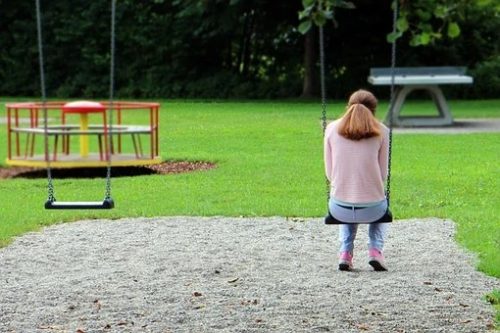
Source: pixabay.com
Takeaway
Depression is a serious condition that you should address immediately. Of course, there are chances that the signs and symptoms may come extremely indistinguishable. But one should not stop taking care of his or her mental state. It would be the best option to learn more about the sudden emotional and mental changes.




